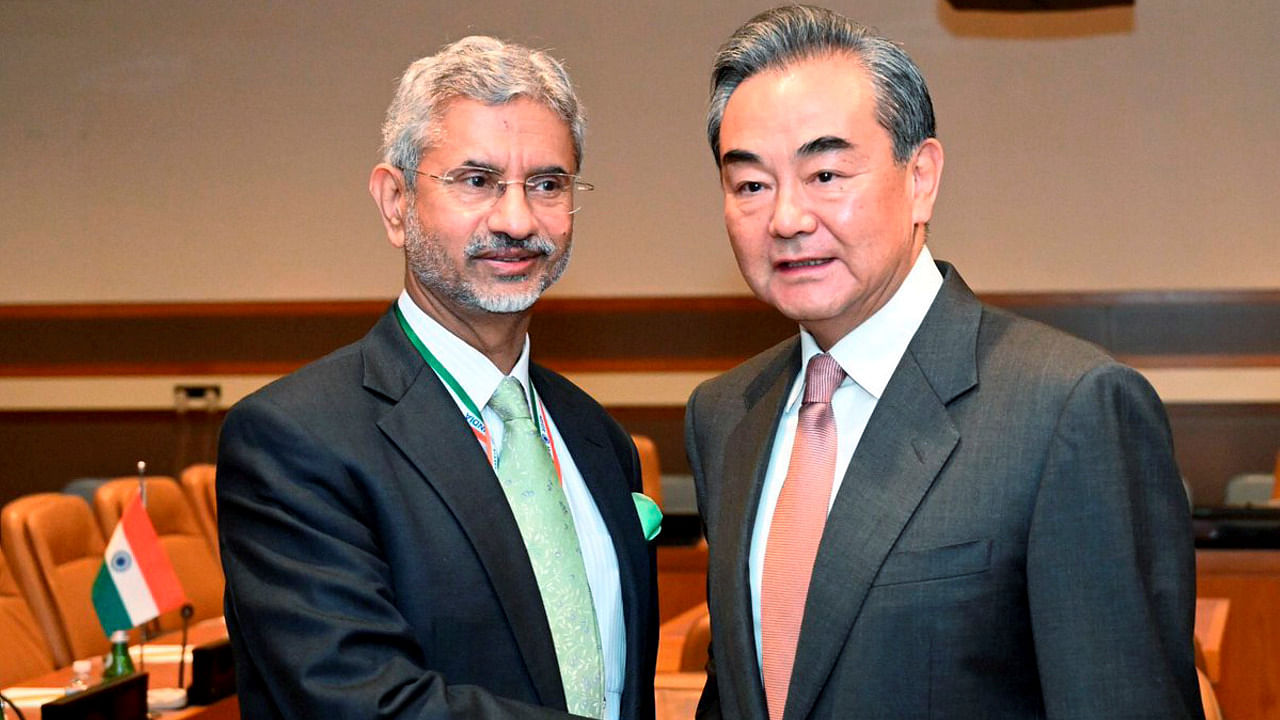
India and China may get another opportunity to end the impasse in negotiation to resolve the 15-month-long military stand-off along the Line of Actual Control (LAC), as the foreign ministers of both nations will visit Dushanbe and Tashkent this week.
Both External Affairs Minister S Jaishankar and his counterpart in the Chinese Government, Wang Yi, will take part in a meeting of the Shanghai Cooperation Organization in the capital of Tajikistan on Tuesday and Wednesday. It will give them an opportunity to hold a bilateral meeting on the sideline, although neither New Delhi, nor Beijing so far announced any such engagement between the two.
Jaishankar and Wang will also get an opportunity to hold a bilateral meeting in Tashkent, as both of them will attend a conclave on connectivity between Central Asia and South Asia, which the Government of Uzbekistan will host on Thursday and Friday.
Pakistan Foreign Minister Shah Mahmood Qureshi too will attend both the conclaves in Dushanbe and Tashkent.
A source in New Delhi said that a bilateral meeting between the External Affairs Minister and the Chinese Foreign Minister in Dushanbe or Tashkent might help break the deadlock in negotiation for disengagement of troops in the remaining face-off points along the LAC in eastern Ladakh. The source however added that although the officials of the two governments were in touch, no such meeting had been scheduled yet.
A bilateral meeting between Jaishankar and Wang on the sideline of an SCO conclave in Moscow on September 10 last year had resulted in resumption of talks between the senior commanders of the Indian Army and the Chinese People’s Liberation Army (PLA) and led to disengagement of front-line troops from the northern and southern banks of Pangong Tso.
The last bilateral engagement between the External Affairs Minister and the Chinese Foreign Minister was a phone-call on February 25 – shortly after the Indian Army and the Chinese PLA had completed mutual disengagement of troops from both banks of Pangong Tso. Jaishankar then conveyed to Wang that both sides should “quickly resolve the remaining issues along the LAC in eastern Ladakh”. He had told his Chinese counterpart that complete disengagement at all friction points would set the stage for the two sides to look at broader de-escalation of troops in the area and restore peace and tranquillity.
Though the diplomats and the military commanders of the two sides had several rounds of talks since then, they could not agree on disengagement from the other face-off points along the LAC, like Hot Springs, Depsang and Gogra Post, over the past four months. The diplomats of the two nations had a video conference on June 25 and agreed that the senior commanders of the Indian Army and the Chinese PLA would hold the next – the 12th since the stand-off started – round of talks soon. But although a fortnight passed since then, the two sides could not even schedule talks between the military commanders.
Check out DH's latest videos:
